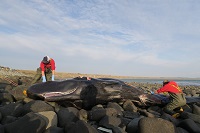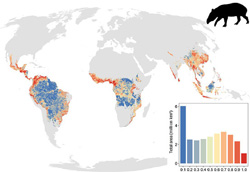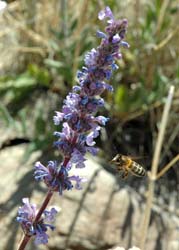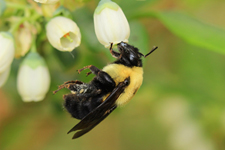An international scientific team shows in a new study the lack of environment-friendly coast laws, which hamper the important benefits that whales and other stranded cetaceans may provide to other organisms and society. This research, published in the journal Ecosystem Services, gather published data on cetacean strandings worldwide.
Cetacean strandings are a common feature since the origin of this faunal group on Earth. Whales, dolphins and other species have reached the coast worldwide, sometimes massively, transported by marine currents. Carcasses of such big animals have played a key role in coastal ecosystems, mainly due to the huge supply of nutrients to the organisms inhabiting these areas.
Indeed, certain species, such as condors in America, became specialists in this abundant resource. Years ago, the Doñana Biological Station – CSIC led a study, along with the National University of Comahue in Argentina which also participates in this study, that showed that Andean condors in Patagonia had changed their foraging patterns. In the late 19th and early 20th centuries, this species fed on camelids and especially, stranded cetaceans, according to stable isotope analyses of historical feathers. On the contrary, analyses of current feathers pointed out to an important change: their diet now relied on wild and domestic terrestrial herbivores.
In addition to these analyses, the researchers tagged some individuals with GPS devices to observe their movements. "We found that this species still breeds close to the coast, but they currently cross over the Andes range to feed primarily in the Argentinian steppe, where livestock is abundant. This causes a huge waste of energy for the birds", explains José Antonio Donázar, a Research Professor at the Doñana Biological Station – CSIC. "The loss of their food resources, specially cetaceans, is one of the causes that have led to the decline of these birds as well as shifts of their foraging and movement patterns". This collaboration between the two institutions, the grounds for this new study, was driven by Fernando Hiraldo, the former director of the Doñana Biological Station – CSIC, and continues at present with successful results.
Thanks to the consumption by these and other scavengers, among other natural processes, the effects of the nutrients supplied by stranded cetaceans may be noted far away in mainland and the oceans. Underwater, these effects may be evident even during decades after the dead of the cetacean. This closely links the ecological processes that take place in terrestrial and aquatic ecosystems.
Humans, not only Homo sapiens, have also readily take advantage of stranded cetaceans. As explained by the authors of this study, "since millennia, people of coastal areas have seen these carcasses as a gift from nature, often with profound spiritual connotations".
Since prehistorical times, humans have obtained high-quality food from stranded cetacean carcasses, such as meat and the thick blubber layer below their skin. "Food provided by cetaceans was so valued that, following a statute enacted by Edward II in the eleventh century, cetaceans stranded on English shores have been known as Royal Fish. Moreover, the oil extracted from the blubber was used as fuel for lamps, and bones for making different tools and carve works of art".
Naturally, uses associated with cetacean carcasses have evolved as human societies have changed. Nowadays, the consumption of cetaceans is limited to a few subsistence economies and some countries that still contravene the international environmental rules.
"Currently, a large part of the benefits that humans obtain from stranded cetaceans is related to their scientific and educational value, both in situ and in the many museums that exhibit skeletons and other remains. In addition, there is increasing public awareness and ecotourism interest in the stranded cetaceans, as well as in the numerous animals that comes to visit the carcasses, which can be easily observed and photographed."
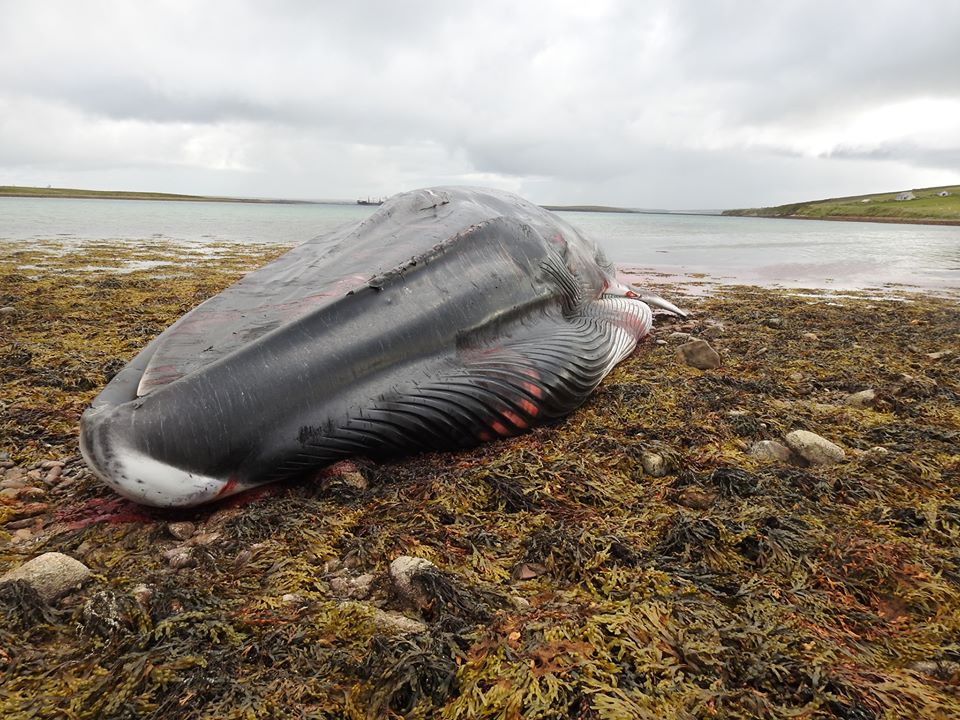
Restrictive regulations and persecution
However, this study reveals that most coastal areas are currently subject to restrictive regulations that oblige to quickly dispose the carcasses of stranded cetaceans. This practice is generally aimed to avoid annoyance to the local communities and the beach tourism that may arise from the decomposition of the carcass (for instance, unpleasant odours). Nevertheless, this prevents cetacean carcasses from playing their complex and indispensable ecological role. Moreover, it constrains the benefits that humans may obtain from them.
With the exception of the most remote and unpopulated coasts, where carcass natural decomposition is still allowed, the most frequent disposal practices consist of their burying, incineration and transport to landfills. However, "it is important to note that none of these practices is free of costs, either technical, social, economic or environmental".
This adds up to the decrease of cetacean populations, mainly of whales, suffered during the last two centuries. This also led to diminish the number of stranded cetaceans, which resulted in disastrous consequences for the conservation of those species that are highly dependent on this resource, such as condors.
Alternative management
Forty per cent of current human population – more than 3,000 million people – lives in coastal areas. This means a great pressure to the rest of organisms that inhabit such environments. This study highlights the need of re-evaluate the regulations involved in the management of stranded animals, with the aim of making them more environment-friendly. Moreover, it is fundamental that these regulations consider the peculiarities of each case, as measures may depend on the ecological and social context.
"The public touristic use of our coasts is incompatible with allowing the stranded cetaceans to stay on the beaches, but we can assess exceptional cases. For example, there is a population of Egyptian vultures in the Canarian Islands that could benefit from some alternative managements, which must be studied in detail", explains José Antonio Donázar.
Alternatives include the transport of carcasses to nearby marine reserves and other areas with low human population, as well as to delimit short sectors of beach or periods of time in which the presence of humans is controlled. "Preliminary data obtained by our research team show that scavenging animals may be surprisingly efficient in depleting a small cetacean carcass, so potential disturbance caused by carcass decomposition could be ephemeral. However, this is a topic that deserves further research, considering different species in different locations", comments Moleón.
Scientists know well that humans cannot survive in isolation from nature. "Even if this would not be so, we should consider how rewarding would be living in an aseptic world. Are not we capable to cede a small part of our coasts to the many other species with whom we share the planet?", continues the researcher.
With the legal protection of cetaceans and the subsequent, though slow, recovery of their populations, we will have to design strategies that help harmonize nature conservation and human needs. "Nature-human connection, rather than dissociation, may be source of multiple benefits to us and the next generations", concludes Moleón.
Reference:
Quaggiotto et al. (2022) Past, present and future of the ecosystem services provided by cetacean carcasses. Ecosystem Services, 54, 101406 Doi: 10.1016/j.ecoser.2022.101406
Link: https://www.sciencedirect.com/science/article/pii/S221204162200002X?dgcid=coauthor
Contact: outreach@ebd.csic.es
https://www.sciencedirect.com/science/article/pii/S221204162200002X?dgcid=coauthor

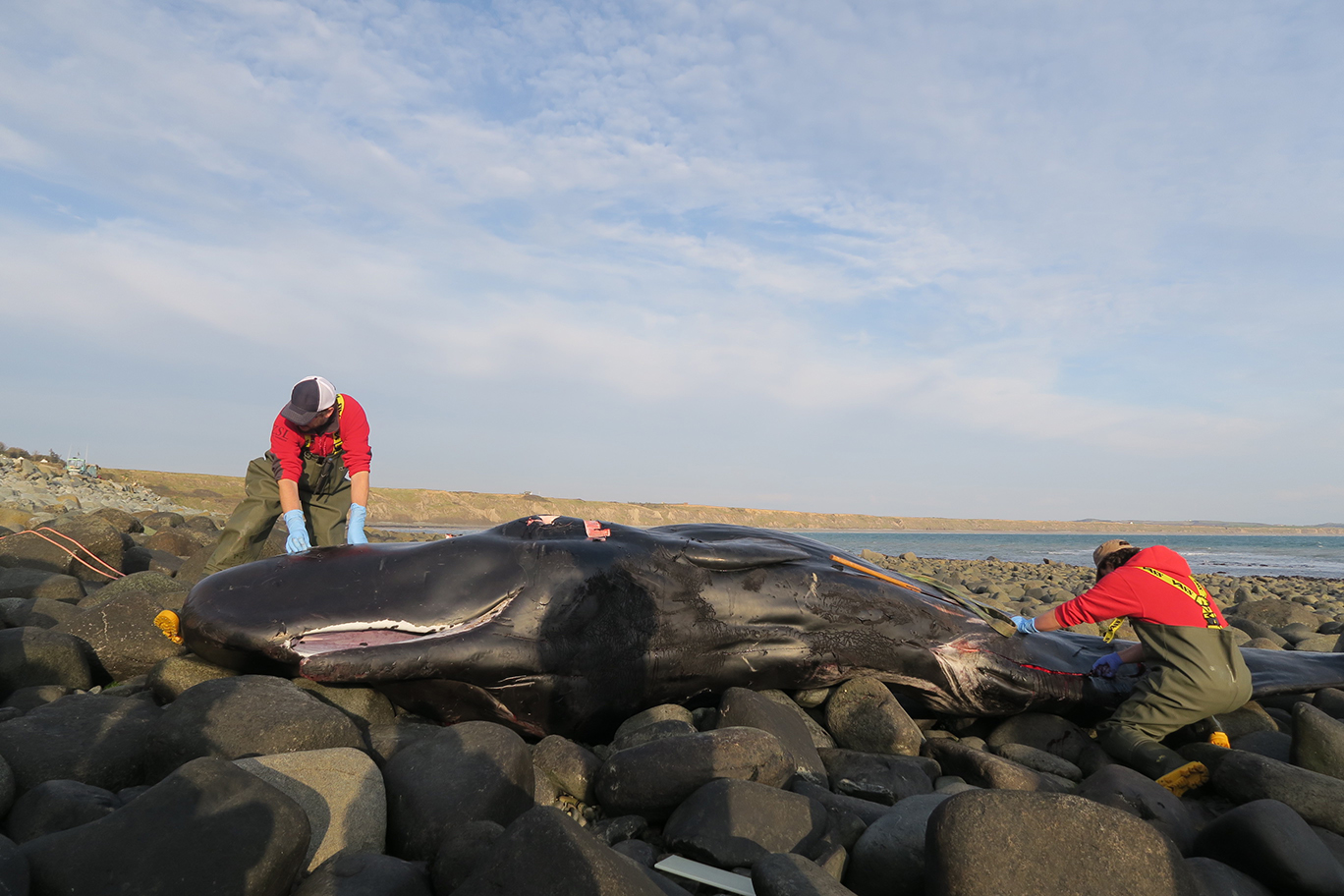
 An international study defends the important benefits that whales and other stranded cetaceans may provide to society
An international study defends the important benefits that whales and other stranded cetaceans may provide to society